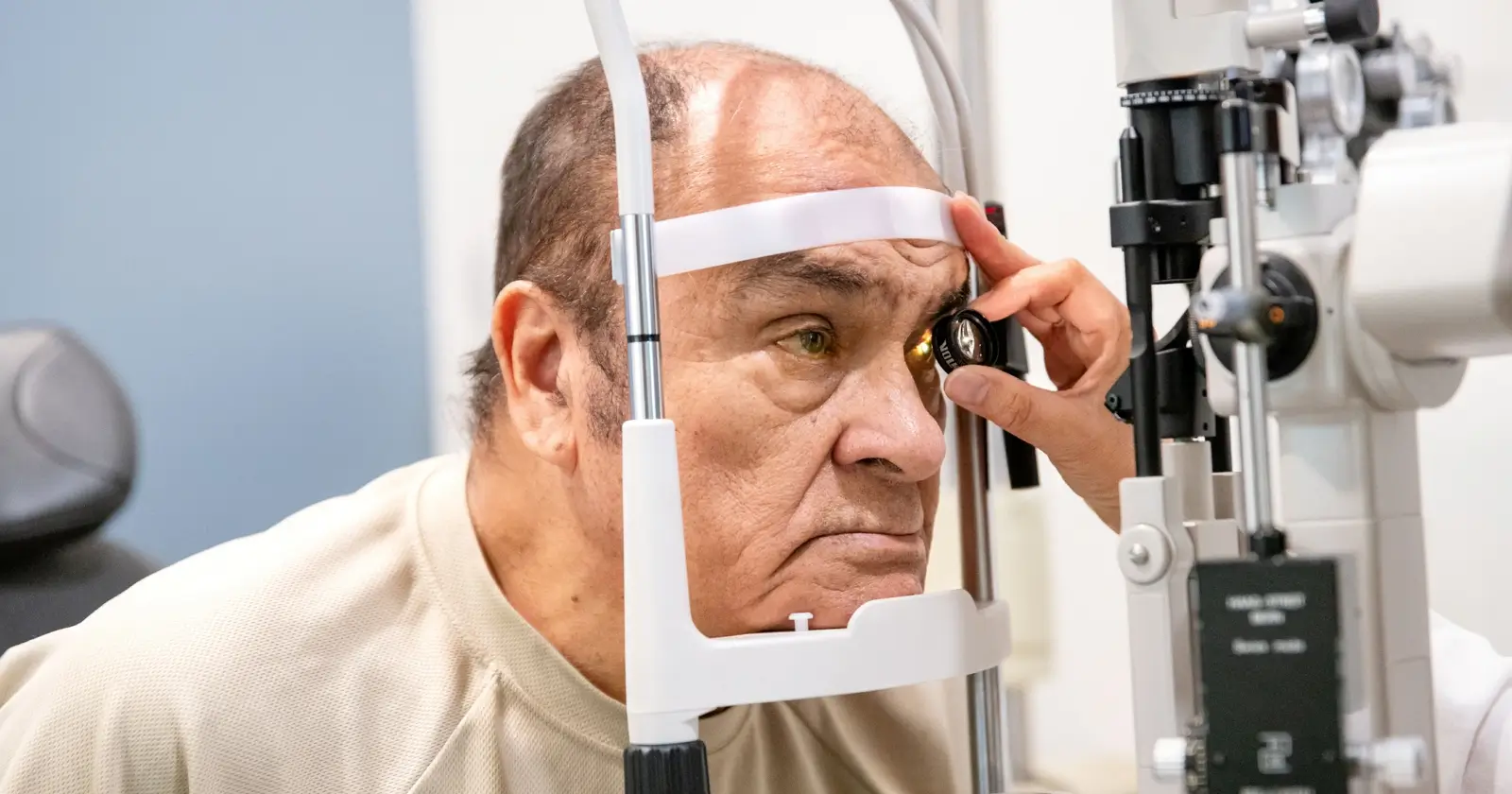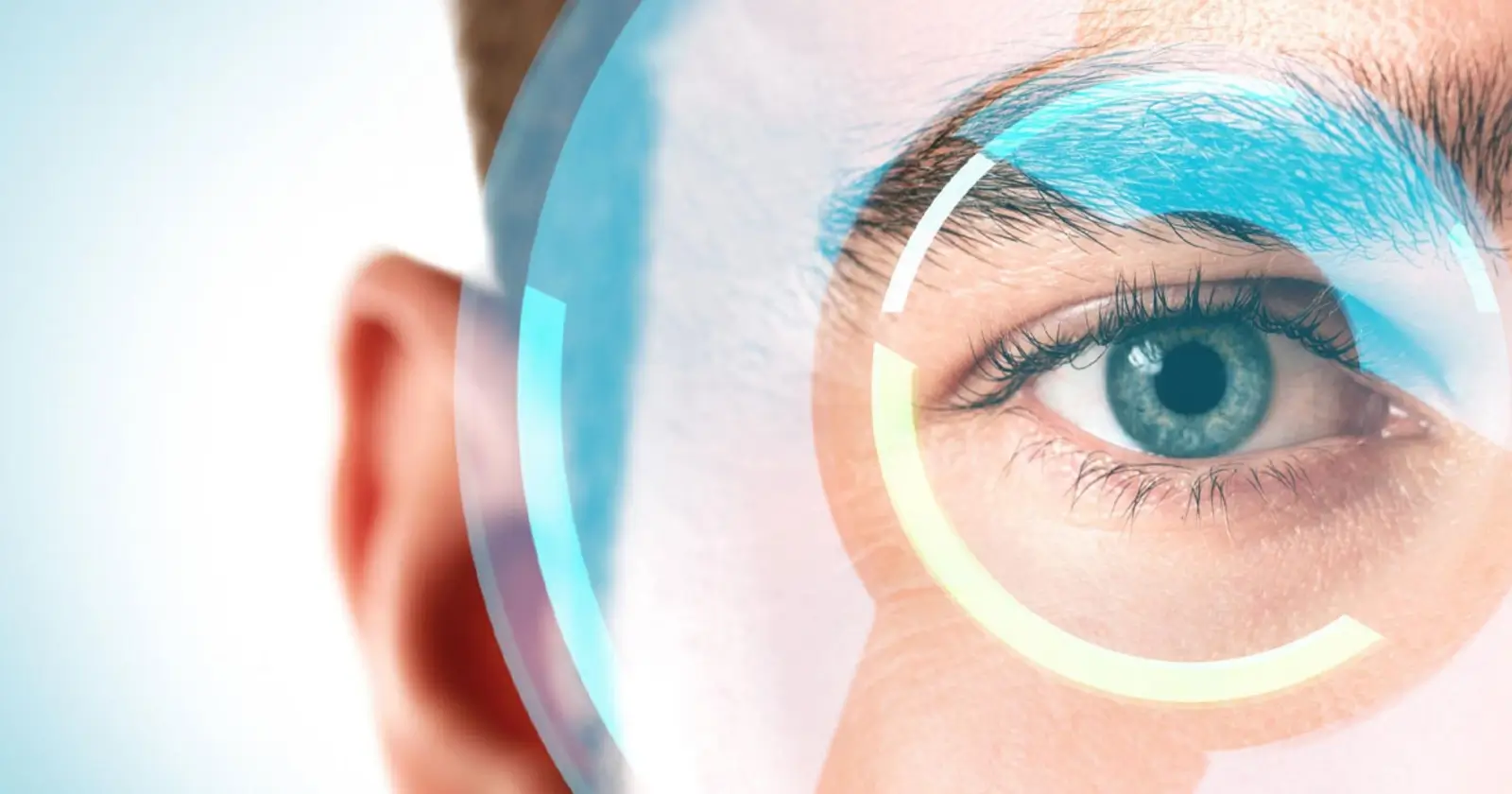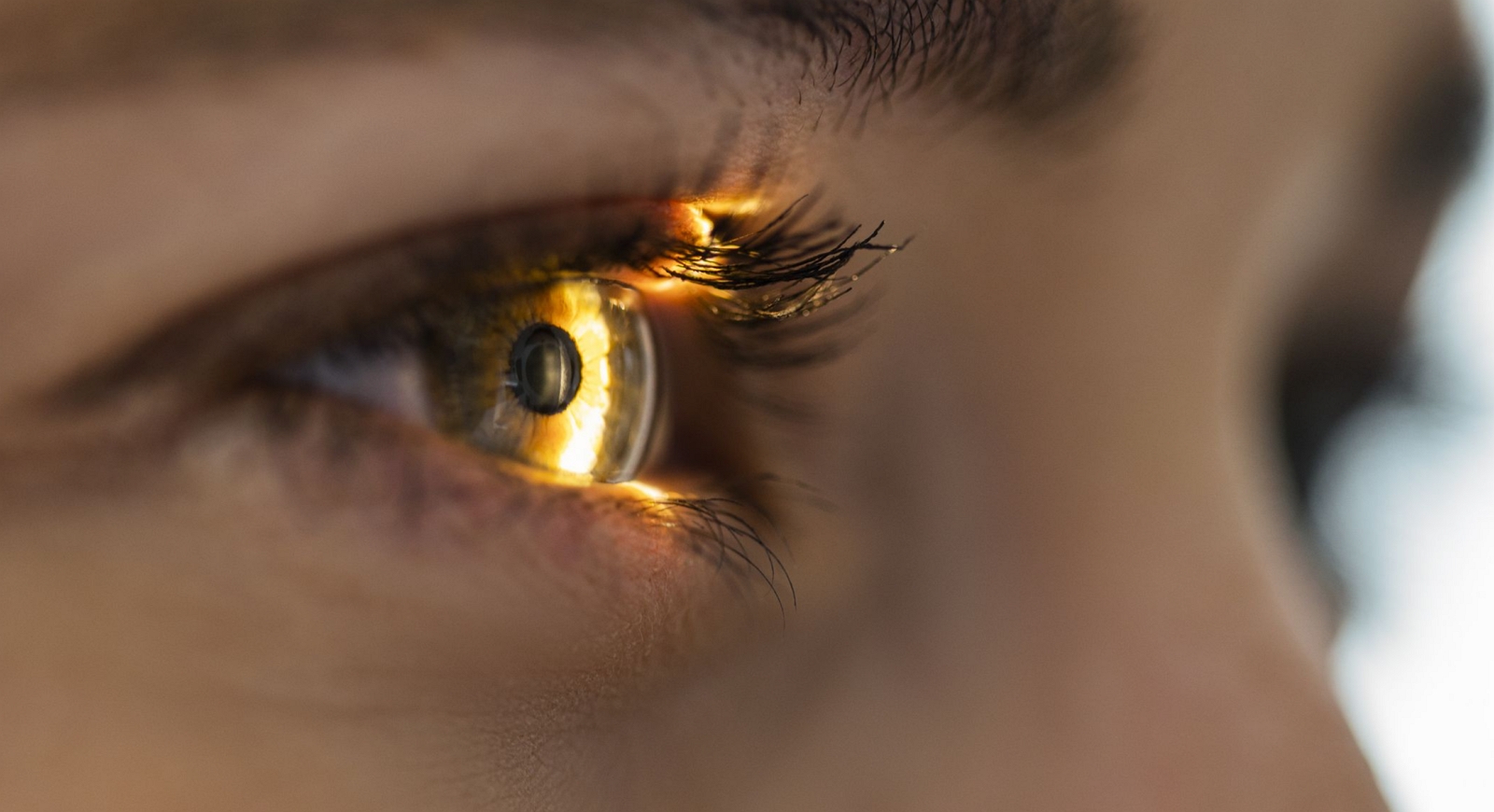Weight loss has long been associated with improved overall health, particularly in reducing the risks of cardiovascular disease, diabetes, and high blood pressure. However, its impact on eye health is often overlooked. Losing weight can lead to several benefits for the eyes, yet potential risks must be considered. We were inspired by the article by Isabela Martinez to take an in-depth look into this issue. This article provides a balanced discussion on how weight loss affects vision and eye health, citing research, statistics, and expert opinions from renowned scientists and medical professionals.
The Benefits of Weight Loss for Eye Health
1. Reduced Risk of Diabetic Retinopathy
Diabetic retinopathy is a leading cause of blindness worldwide. According to the Centers for Disease Control and Prevention (CDC), approximately 4.1 million adults in the U.S. suffer from diabetic retinopathy. Weight loss, particularly in individuals with type 2 diabetes or prediabetes, helps regulate blood sugar levels, thereby reducing the risk of this condition.

Dr. Roy Taylor, a leading diabetes researcher at Newcastle University, has demonstrated through his studies that substantial weight loss can lead to diabetes remission, significantly lowering the risk of diabetic complications, including those affecting the eyes.
2. Lowered Risk of Glaucoma
Glaucoma, characterized by increased intraocular pressure (IOP) that can damage the optic nerve, is another condition in which weight plays a role. A 2019 study published in JAMA Ophthalmology found that obese individuals are at higher risk of developing glaucoma due to increased IOP.
Losing excess weight can help manage IOP and decrease the likelihood of optic nerve damage. However, extreme weight loss or rapid dehydration may have the opposite effect, which will be discussed later.
3. Improvement in Age-Related Macular Degeneration (AMD) Risks
Age-related macular degeneration is one of the leading causes of vision loss in older adults. A balanced diet and maintaining a healthy weight are key factors in preventing AMD. According to the National Eye Institute (NEI), obesity increases the risk of AMD progression.
A study conducted by Dr. Emily Chew, a leading ophthalmologist, demonstrated that dietary changes, weight management, and increased consumption of antioxidants (such as lutein and zeaxanthin) can slow AMD progression and improve overall eye health.
4. Decreased Risk of Hypertensive Retinopathy
Hypertension, or high blood pressure, contributes to hypertensive retinopathy, a condition that damages the blood vessels in the retina. The American Heart Association (AHA) states that obesity significantly contributes to hypertension.
Weight loss, even as little as 5-10% of total body weight, can lead to noticeable reductions in blood pressure, subsequently reducing strain on the ocular blood vessels and lowering the risk of hypertensive retinopathy.
Potential Risks of Weight Loss on Eye Health
While weight loss has several benefits for eye health, there are also risks associated with extreme or unbalanced weight loss strategies.
1. Nutritional Deficiencies and Vision Problems
Drastic calorie restriction or unbalanced diets can lead to deficiencies in essential nutrients such as vitamin A, vitamin E, and omega-3 fatty acids, all of which are crucial for eye health. Vitamin A deficiency, for example, can result in night blindness and dry eye syndrome.

According to the World Health Organization (WHO), vitamin A deficiency remains a leading cause of preventable blindness, particularly in developing countries.
| Nutrient | Role in Eye Health | Deficiency Effects |
|---|---|---|
| Vitamin A | Supports night vision and corneal health | Night blindness, dry eyes |
| Omega-3s | Reduces inflammation, supports retinal function | Increased risk of AMD, dry eyes |
| Vitamin E | Antioxidant protection against oxidative stress | Increased risk of cataracts and retinal degeneration |
2. Rapid Weight Loss and Retinal Detachment Risk
Extreme or rapid weight loss can sometimes lead to serious complications, including retinal detachment. This is particularly true for individuals who undergo bariatric surgery or extreme fasting, as these methods can lead to fluctuations in intraocular pressure and cause the vitreous gel inside the eye to shrink too quickly, increasing the risk of retinal tears.
3. Dehydration and Dry Eye Syndrome
Dehydration is a common side effect of intense dieting, especially those that involve diuretics or excessive exercise. The tear film that protects the eyes relies on adequate hydration. According to the American Academy of Ophthalmology (AAO), chronic dehydration can lead to dry eye syndrome, irritation, and even corneal damage if left untreated.
4. Muscle Loss and Eye Strain
Unhealthy weight loss methods that result in excessive muscle loss can indirectly impact eye health. The eye muscles, like other muscles in the body, require proper nutrition and strength to function optimally. Severe muscle loss can lead to increased eye fatigue, strain, and even double vision.
How to Lose Weight Safely While Maintaining Eye Health
To maximize the benefits of weight loss while avoiding risks to eye health, individuals should consider the following evidence-based strategies:
- Adopt a Balanced Diet – Follow a diet rich in fruits, vegetables, lean proteins, and healthy fats. Include foods high in lutein, zeaxanthin, and omega-3 fatty acids, such as spinach, salmon, and eggs.
- Stay Hydrated – Ensure adequate water intake to prevent dry eyes and dehydration.
- Lose Weight Gradually – Aim for a steady weight loss of 1-2 pounds per week to avoid sudden physiological changes that could impact the eyes.
- Monitor Nutrient Levels – If following a restricted diet, consider supplementation for essential vitamins and minerals, particularly vitamin A, vitamin E, and omega-3s.
- Exercise Caution with Bariatric Surgery – Those considering weight-loss surgery should consult with ophthalmologists to monitor for potential eye-related complications post-surgery.
- Regular Eye Check-Ups – Schedule routine eye exams to detect any early signs of eye conditions linked to weight fluctuations.

Weight loss can have profound benefits for eye health, particularly in reducing the risk of diabetic retinopathy, glaucoma, AMD, and hypertensive retinopathy. However, extreme or unbalanced weight loss can lead to nutritional deficiencies, dehydration, and other eye-related complications. A well-rounded approach that includes a healthy diet, hydration, gradual weight loss, and regular eye check-ups is essential for maintaining both overall and ocular health. By understanding the relationship between weight loss and vision, individuals can make informed choices that support their eye health while achieving their weight management goals.






